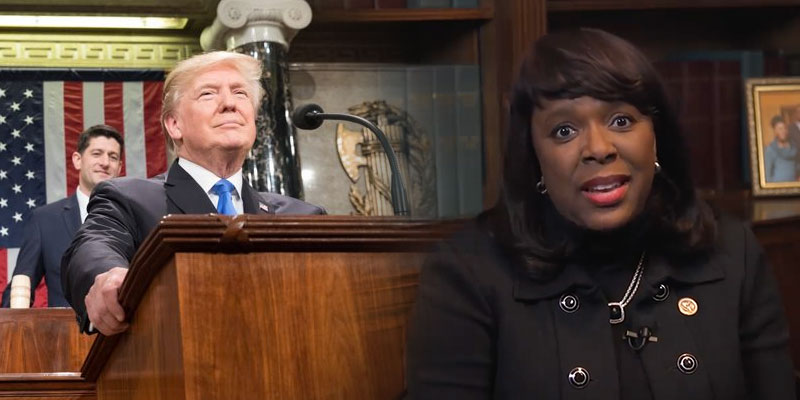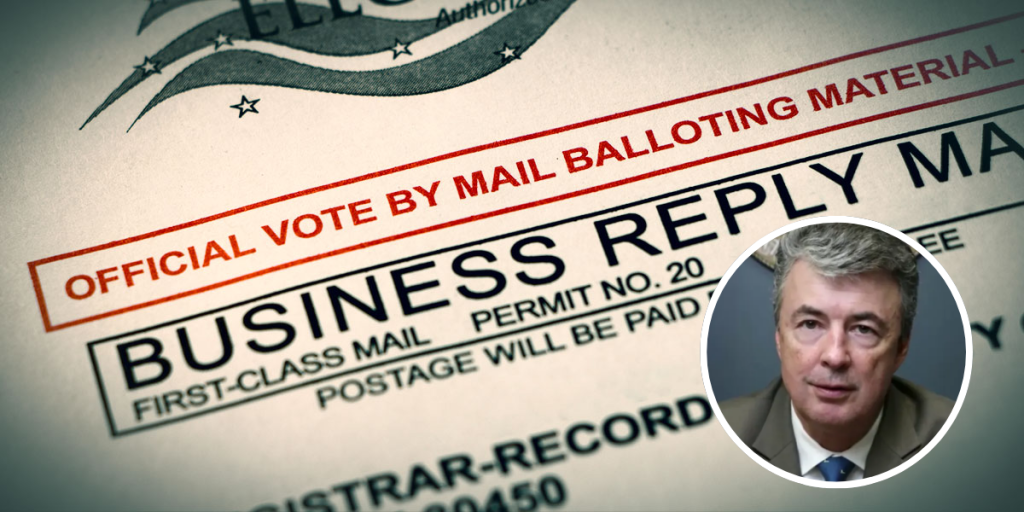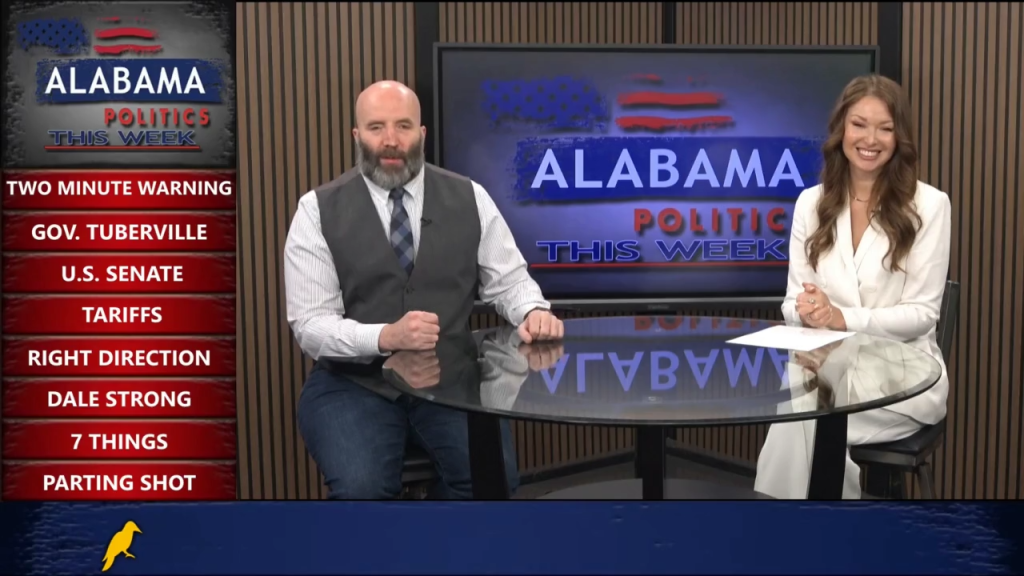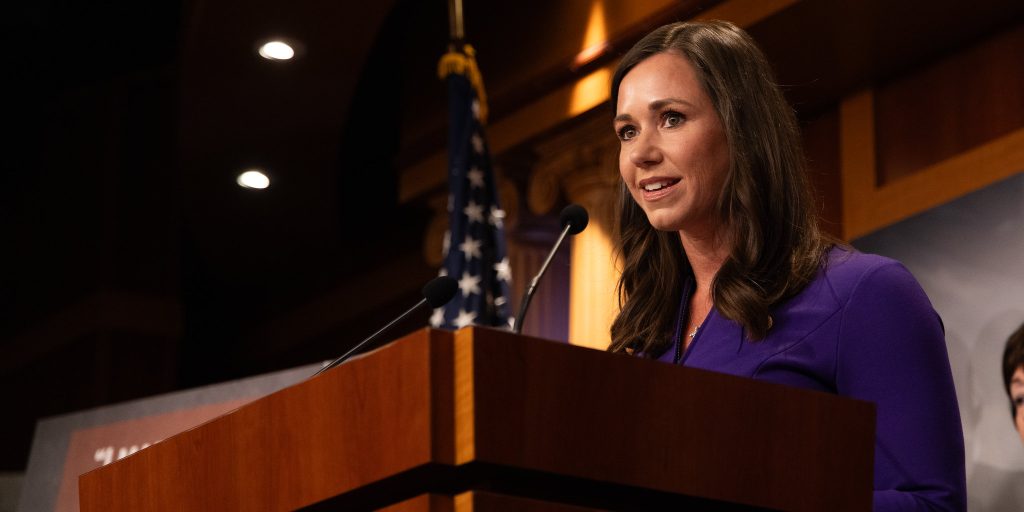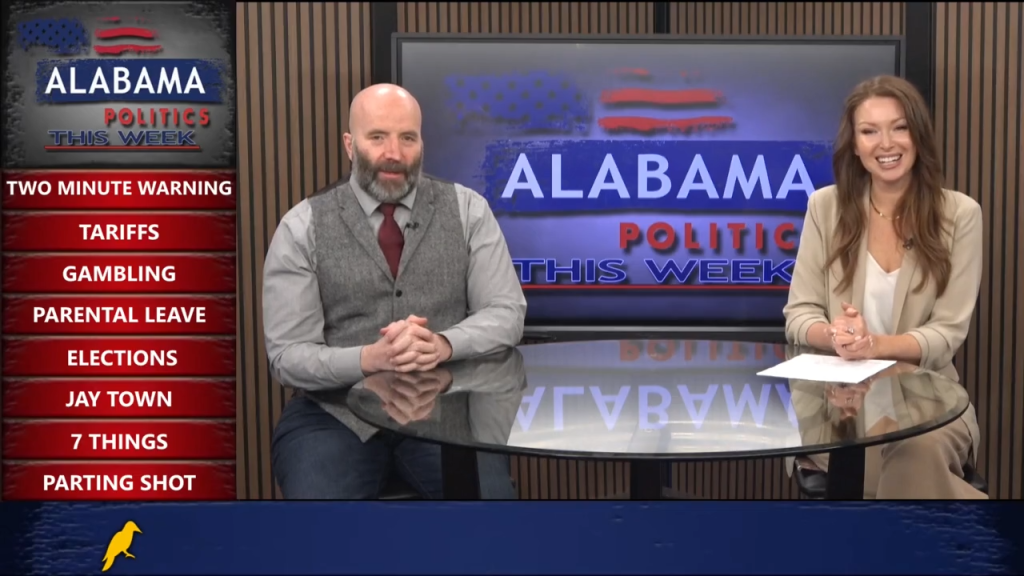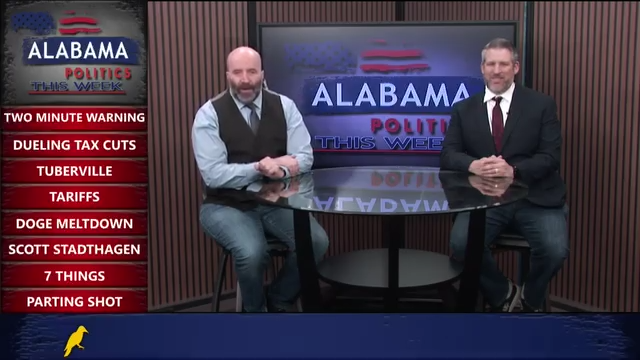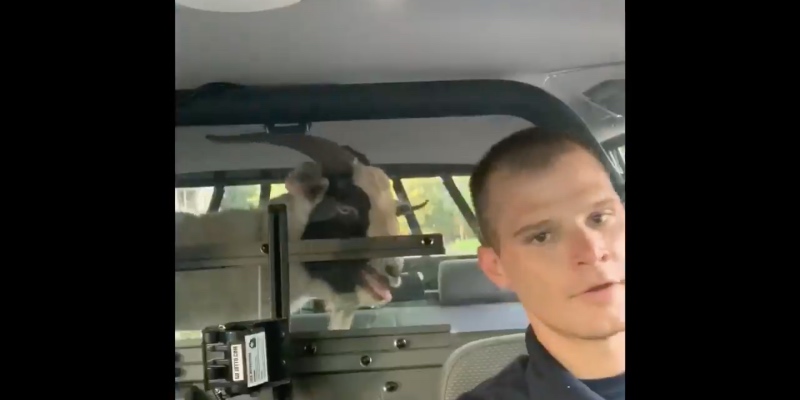Representative Terri Sewell (AL-07) on Tuesday released a statement saying the Trump administration is not being truthful about automotive industry imports posing a threat to America’s national security.
Last month, President Donald Trump concurred with a U.S. Department of Commerce Section 232 report that deemed imports of automobiles and automobile parts as a “national security threat.” The president, at that same time, ordered U.S. Trade Representative Robert Lighthizer to open a negotiation process with affected countries like Japan and, if agreements are not reached within 180 days, tariffs could be instituted on auto and auto parts imports from those countries.
This led to global industry leaders and companies with a presence in Alabama to express grave concern about the ramifications Trump’s threatened auto tariffs could have.
On Tuesday, Sewell announced the House passage of an amendment to the Commerce, Justice and Science funding bill calling on the Trump administration to publicly release that Section 232 report.
“It has been over four months since the Department of Commerce submitted their Auto 232 Report to the White House, and neither Congress nor the public has seen the report,” Sewell lamented.
“Unfortunately, I think I know why this Administration will not share this report,” she continued. “It’s because the products hard-working Americans in the auto sector design, build, sell and service are not a threat to our national security. The auto workers in my district are terrified that any day President Trump could announce tariffs that would threaten their jobs.”
Sewell has been an outspoken opponent of potential Trump administration auto tariffs.
She led a bipartisan group of 159 lawmakers in a letter urging Director of the National Economic Council Larry Kudlow and Trump against imposing costly new tariffs. Sewell and others have also filed legislation to delay possible auto tariffs by requiring the International Trade Commission to conduct a comprehensive study on the economic importance of automotive manufacturing in America before tariffs on automobiles and auto parts could be applied.
Additionally, Sewell is the lead sponsor of the Trade Security Act, which would reform Section 232 to increase congressional oversight of the process and reassign national security threat assessments to the Department of Defense.
According to the Peterson Institute, if Section 232 auto tariffs were implemented and foreign countries retaliated, 624,000 jobs could be lost in the American auto sector.
Sean Ross is a staff writer for Yellowhammer News. You can follow him on Twitter @sean_yhn




